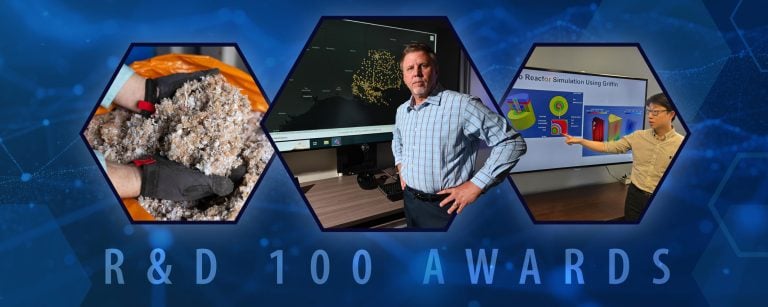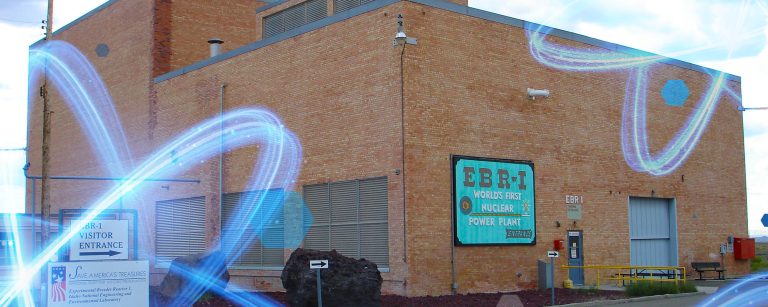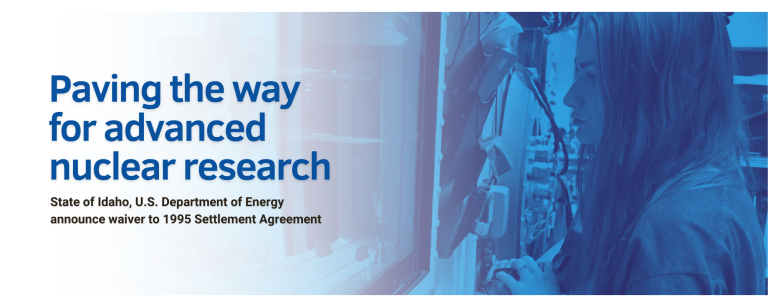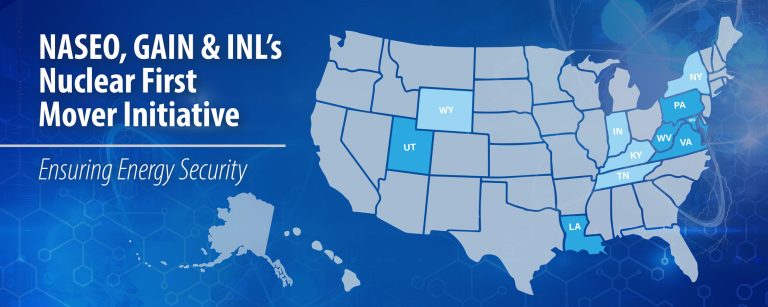INL News Release
FOR IMMEDIATE RELEASE
March 9, 2022
NEWS MEDIA CONTACTS:
Sarah Neumann, 208-526-0490, [email protected]
Lori McNamara, 208-526-1508, [email protected]
IDAHO FALLS, Idaho — Idaho National Laboratory continues its 70-year legacy of clean energy leadership today by committing to achieve net-zero carbon emissions by 2031.
Meeting this goal means the laboratory must eliminate or offset all emissions from 357 buildings, 605 vehicles and just under 5,400 employees spread over nearly 900-square-miles of eastern Idaho.
“The lab has already accomplished a great deal of work that helps get us to our net-zero goal,” INL Director of Net-Zero Jhansi Kandasamy said. “My team and I are eager to continue this work by capitalizing on novel approaches, world-class capabilities, employee ingenuity and more. We hope to develop inclusive consortiums where key stakeholders can offer ideas and solutions that will benefit the world and prove that a net-zero future can be a reality.”
The laboratory will use its world-class clean energy research, including its core mission work in nuclear energy, to develop technologies that reduce and offset its emissions.
Nuclear power is one solution. Nuclear power plants currently provide more than 50 percent of the nation’s carbon-free electricity. The advanced nuclear technologies researchers have developed at INL are flexible enough to easily integrate with variable sources of power like wind and solar, reducing reliance on carbon-emitting fossil fuels.
INL will also look at ways to reduce emissions from its operations. The lab will focus on decarbonizing large sources of emissions such as power generation, the lab’s bus and vehicle fleet, its onsite wastewater treatment plant and landfill, and other fugitive emissions and refrigerants. The laboratory will also work with its employees, contractors and suppliers to reduce emissions from sources such as power transmission, commuting, business travel and contracted wastewater treatment.
INL’s leadership believes the laboratory’s net-zero effort can serve as a roadmap for the nation.
“I understand this is an audacious goal,” INL Director John Wagner said. “Drastically reducing our carbon emissions in a relatively short period of time presents a formidable challenge, but our staff have a strong sense of duty to contribute solutions to our world’s most pressing technical challenges. Overcoming these challenges is exactly what Idaho National Laboratory was established and is equipped to do.”





